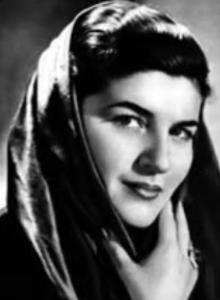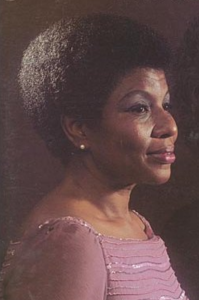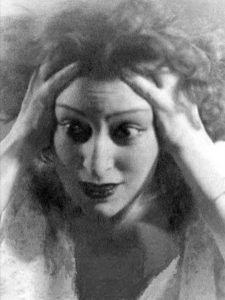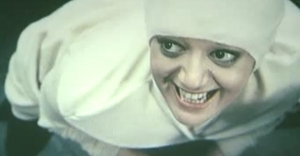Podcast: Play in new window | Download (Duration: 1:03:15 — 73.3MB) | Embed
Subscribe: Spotify | TuneIn | RSS | More
The Bulgarian soprano Mara Coleva (12 March 1922 – 22 October 2014) was a vital and versatile singer, the majority of whose career took place in Italy in the 1950s through the very early sixties. Her most prominent and readily-accessible recordings are all for the RAI (Radio-Televisione Italiana), including the role of Silvana in a 1955 recording from Milano and two Martini & Rossi-sponsored RAI concerts, one in Milano in 1957, and the other in Roma in 1961. These recordings reveal an artist with a well-schooled voice with a powerful dramatic sense, but one whose life remains to a great extent shrouded in mystery. It is an enormous thrill and privilege to present this great (if virtually unknown) artist in repertoire ranging from Rossini, Catalani, Cilea, Verdi, and twentieth-century Italian composers Ottorino Respighi and Lodovico Rocca. The episode ends with Coleva in a surprising and superbly-sung rendition of Agata’s big scena from Il franco cacciatore (better known as Weber’s Der Freischütz!)
Countermelody is a podcast devoted to the glory and the power of the human voice raised in song. Singer and vocal aficionado Daniel Gundlach explores great singers of the past and present focusing in particular on those who are less well-remembered today than they should be. Daniel’s lifetime in music as a professional countertenor, pianist, vocal coach, voice teacher, and journalist yields an exciting array of anecdotes, impressions, and “inside stories.” At Countermelody’s core is the celebration of great singers of all stripes, their instruments, and the connection they make to the words they sing. By clicking on the following link (https://linktr.ee/CountermelodyPodcast) you can find the dedicated Countermelody website which contains additional content including artist photos and episode setlists. The link will also take you to Countermelody’s Patreon page, where you can pledge your monthly support at whatever level you can afford.



